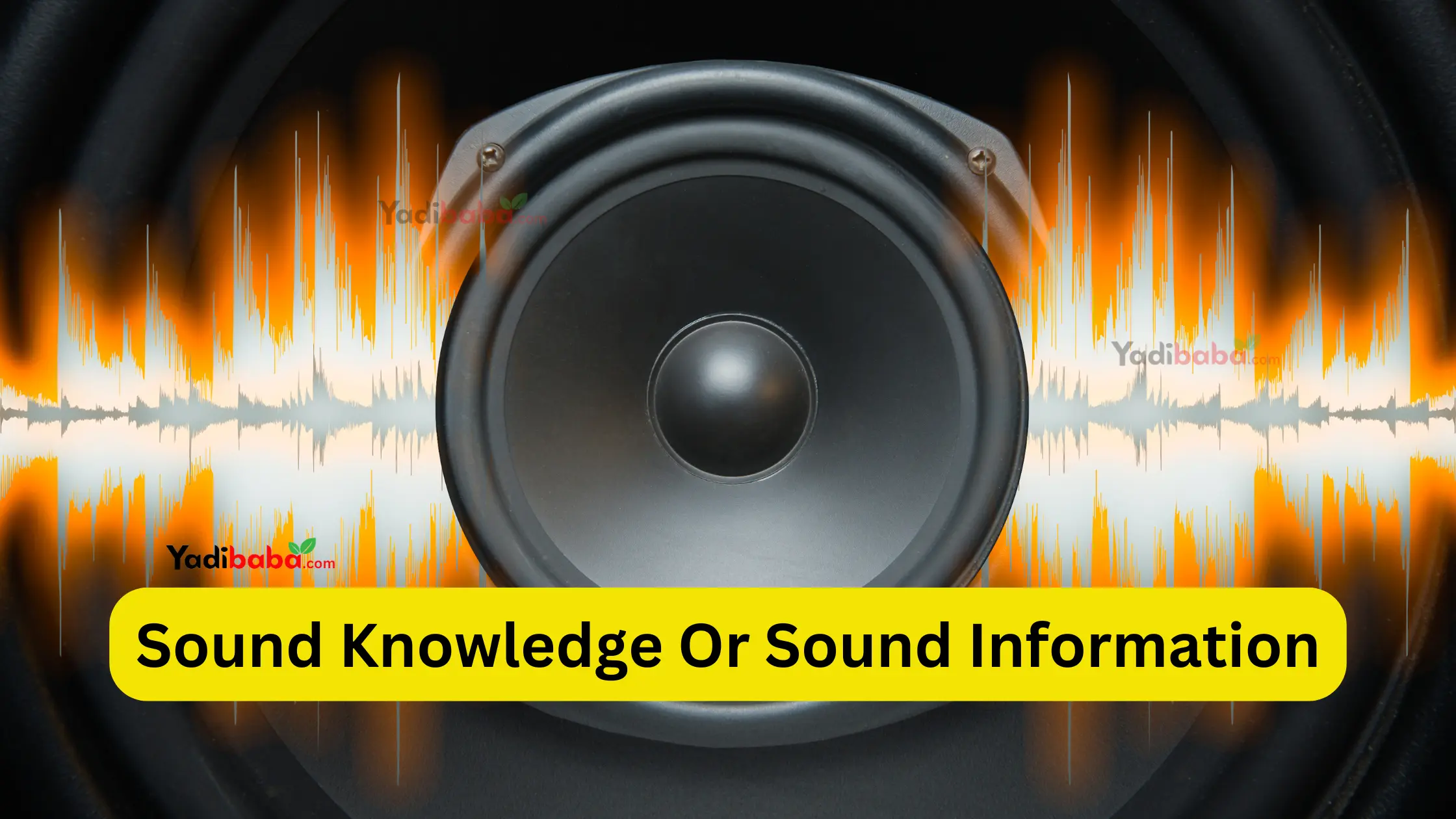Sound Knowledge and Sound Information: A Key to Informed Decision-Making
While the terms “sound knowledge” and “sound information” have become very important in today’s information-driven world, they are straddled with much debate from the perspective of education, business, and informed decision-making. But what does it really mean, and why is it so important? This paper discusses the definition of sound knowledge and sound information, their importance, and how they can be put into use at different levels of life.
What Constitutes Sound Knowledge?
sound knowledge and sound information : In general, sound knowledge would mean that the knowledge is well-founded, appropriate, and valid. It encompasses a little more than just putting together some facts but includes deep understanding of principles, theories, and a context in which the issue fits. The items that may constitute sound knowledge would include the following
- Accuracy: Information is correct and free from error or fallacy.
- Relevance: The knowledge is relevant to the issue at stake and applies successfully.
- Depth: Besides making one’s study more elaborate, it goes down to the roots of knowledge of the topic because it has to embody all aspects relating to the subject matter.
- Consistency : It falls in line with established facts, evidence, and recognized theories.

It is the sound knowledge that forms the basis of expertise. It distinguishes the true professional from any Tom, Dick and Harry who may have less than surface-level information. A simple example could be that of a medical doctor who diagnoses and, if possible, treats the patients based on his sound knowledge. Similarly, proper comprehension of market dynamics also facilitates a business leader to make certain strategic decisions.
What does Sound Information comprise?
Information is said to be sound if it is accurate, complete, and reliable. When analyzed and interpreted correctly, it then forms the basis of sound knowledge. Informed decisions have sound information as their integral parts; this is because the input into the decision-making processes would thus be sound. Some characteristics that may define sound information include
1)Valid: The information has been pre-checked and is thus reliable.
2) Timely: It is current and pertains to existing conditions.
3) Completeness: The information contains representatives of all relevant data elements that would enable one to make a well-rounded judgment.
4) Clarity: It is clearly presented and meant, and the meaning is understood without ambiguities.
sound knowledge and sound information
For example, in the financial world, investment requires information like the appropriate price of stocks, the market trend at present, and other economic factors associated. Such an investment made based on wrong or old information leads to a bad decision; hence, quality information is crucial.

Significance of Sound Knowledge and Sound Information
1)Better Decision-Making : Sound knowledge and information provide the persons and organizations with more effective reasons for making their decisions. Whether it is about choosing a new business strategy or picking up the right career path, the quality of the decision depends a great deal upon the soundness of the information and knowledge at hand.
2) Improved Efficiency : Where there is good information, processes begin to grease up. For businesses, this may translate into smoothing out operations using sound data on which to base decisions. To students, it means studying with correct resources, fostering improved learning and retention.
3) Building Credibility: Good knowledge establishes credibility for any person. Those professions which remain abreast of current events and information in their field are treated with respect and consulted for advice. Companies that found their business processes on good information also build a good reputation by making good decisions over and over again.
4) Risk Mitigation: Great information identifies potential risks and mitigates them by proactive steps. It is particularly important in the financially related fields, healthcare, and engineering where the cost of error can be high.
5) Empowering to Learn and Grow: Good knowledge leads to a continuous learning attitude. Where the basics are well understood, it becomes easier to go on to the advanced stages, innovate, and adjust to new challenges.
How to Gain Proper Knowledge and Information
- Engage with Credible Sources: Always avail information from reliable and authoritative sources. Academic journals, reputable news outlets, and expert-authored books would be a good start.
- Verification and Cross-Checking : Never take anything for granted. Check the facts with a number of sources in order to establish whether they are true or reliable.
- Expert Advice: In any unknown topic, expert advice may shed light or further enlighten one about the subject. This could be in the form of seminars, classes, or networking.
- Knowledge Update : Knowledge rapidly becomes obsolete. Timely update your knowledgebase through continuous learning and professional development reflecting state-of-the-art developments in your field.
- Think Critically : Don’t take information at face value. Instead question its validity, seek evidence, and consider context relating to the information provided.

